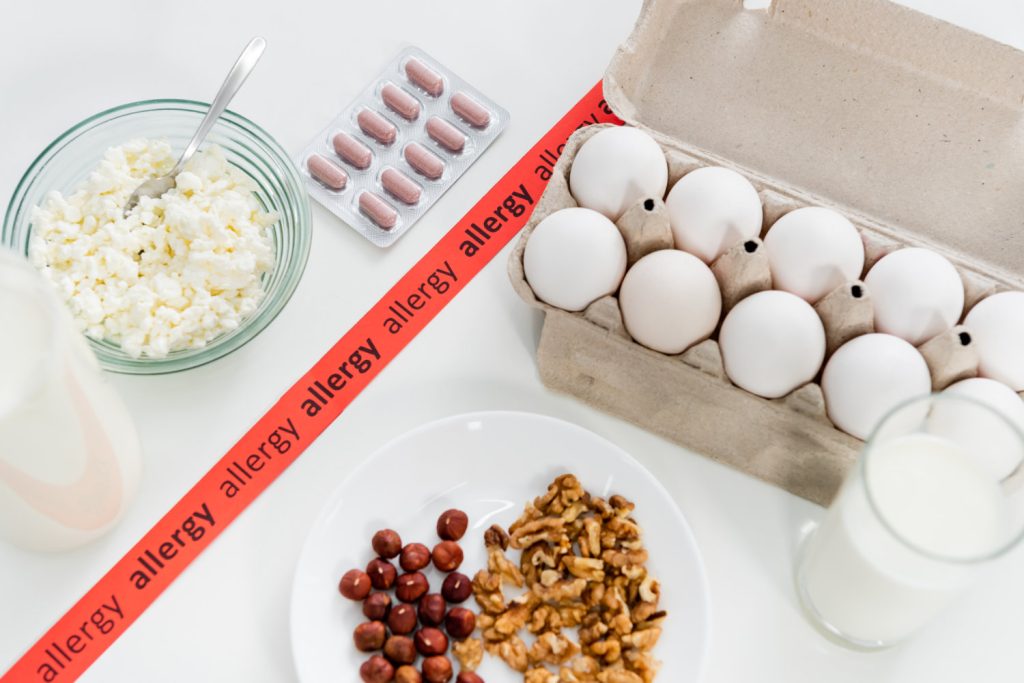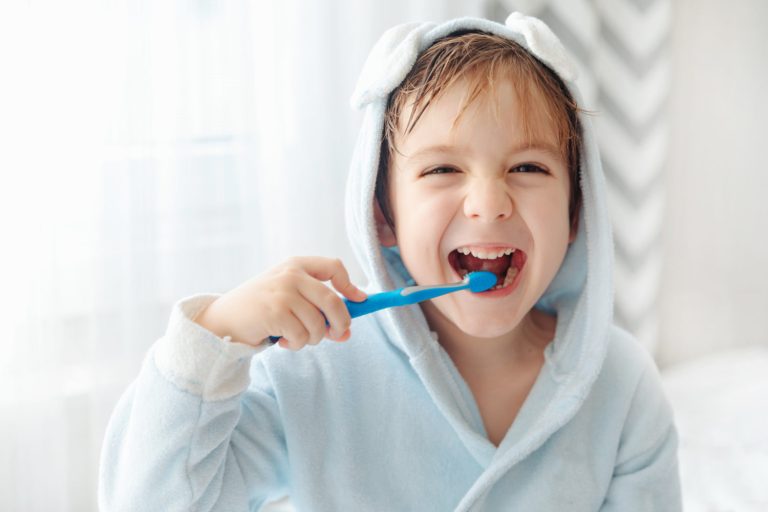Aromatherapy: Do Essential Oils Have Health Benefits?
Essential oils have exploded in popularity in recent years, touted for their natural approach to anxiety relief, sleep improvement, headache relief, and much more. But what exactly are essential oils? And does inhaling flowery scents truly hold the power to heal? This blog dives into the world of aromatherapy, exploring its potential benefits, safety considerations, and how to navigate this trend.
What are Essential Oils?
Essential oils are concentrated liquids extracted from various plant parts like flowers, leaves, or bark. These aromatic compounds capture the “essence” of the plant, giving essential oils their distinct smells.
What is Aromatherapy?
Healthline defines aromatherapy as “a holistic healing treatment that uses natural plant extracts to promote health and well-being.” Typically, aromatherapy is conducted by inhaling essential oil molecules through diffusers or applying diluted essential oils topically.
There are a plethora of essential oils available on the market; aromatherapy believes that various oils are good for various ailments and by inhaling the “correct” essential oils, the molecules travel to the brain’s limbic system, where various biochemical responses are triggered to make you feel better.
Does Aromatherapy Work?
While aromatherapy has been practiced for centuries, the scientific evidence for its effectiveness is mixed. A study done by Johns Hopkins shows promise for specific conditions, while others show little to no effect. More research is needed to solidify aromatherapy’s place in mainstream medicine.
Essential Do’s and Don’ts
Even though the jury’s out on the extent of their benefits, essential oils can still be enjoyed safely. Here are some key points to keep in mind:
- Dilution is Key: Essential oils are potent and can irritate the skin. Always dilute them with carrier oils like jojoba or almond oil before topical application.
- Not for Ingestion: Essential oils are not meant to be ingested and can be toxic if swallowed.
- Beware of Allergies: Skin reactions and respiratory issues can occur in some people. Do a patch test on your inner forearm before using a new oil, and stop use immediately if irritation occurs.
- Pregnancy and Children: Consult a healthcare professional before using essential oils if you are pregnant, breastfeeding, or have young children.
- Be Wary: Some essential oils companies claim their oils can cure serious diseases and ailments. Before deciding the best treatment for you is aromatherapy, always consult your doctor to review all options.
What Oil Should I Start With?
The world of essential oils can be overwhelming. Here are some tips for finding high-quality products:
- Source Matters: Look for reputable brands that sell 100% pure, therapeutic-grade essential oils.
- Start Simple: Popular beginner-friendly oils include lavender (known for relaxation), peppermint (for congestion relief), and tea tree oil (with potential anti-inflammatory properties)
Although you may find aromatherapy can help you relax or mitigate minor ailments (such as occasional headaches or nausea), it’s important to always approach essential oils with caution, prioritize safety, and consult a healthcare professional if you have any concerns.




